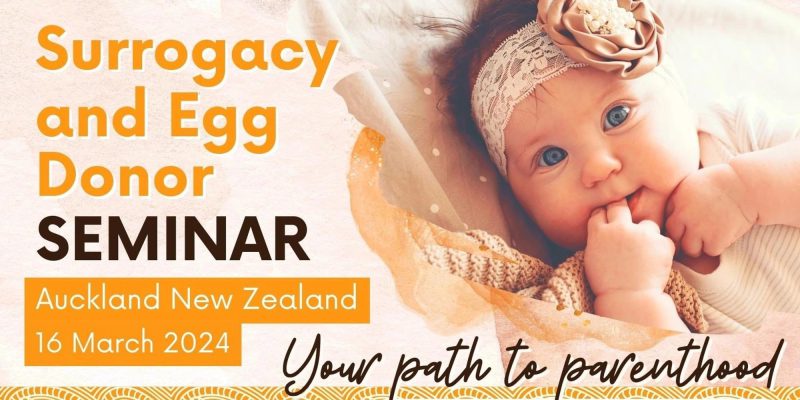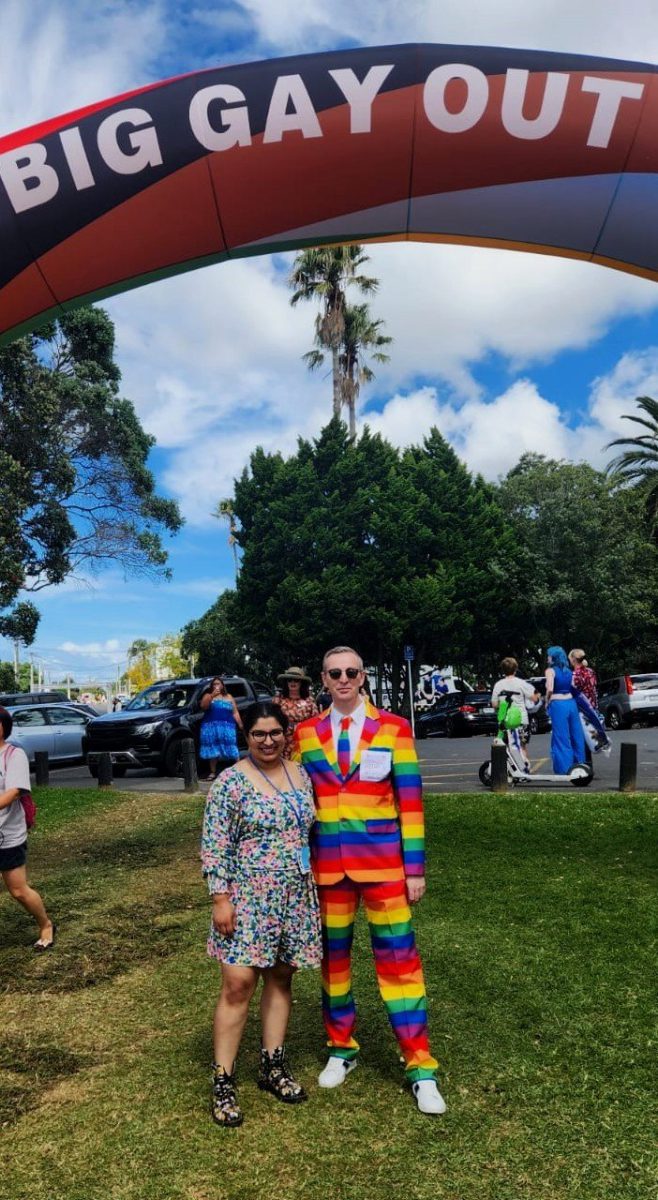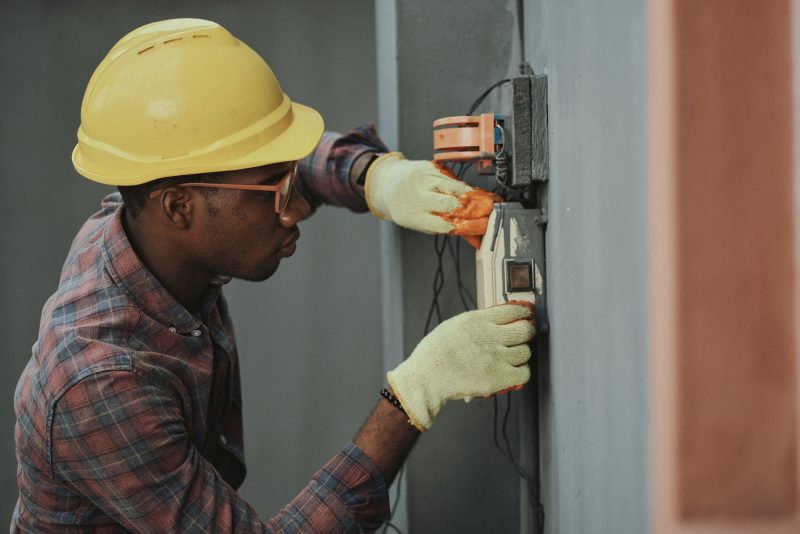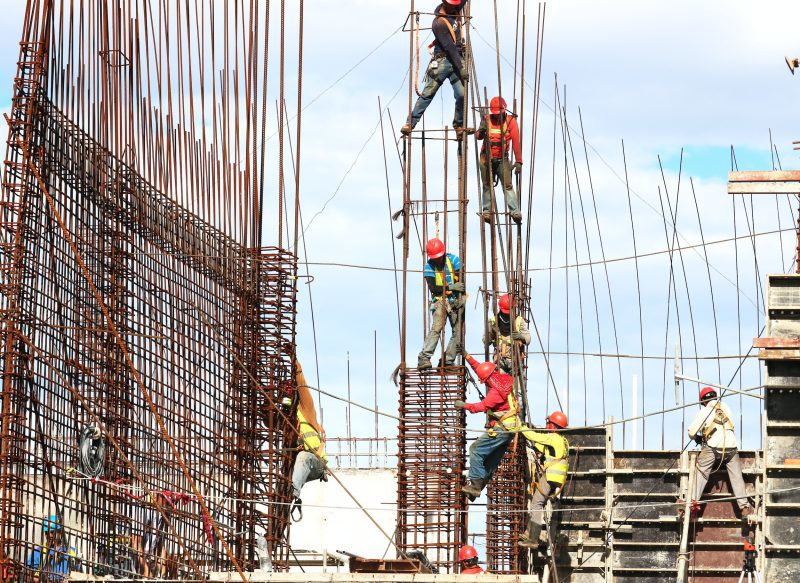Work visa changes – Accredited employer work visas 2021

In 2020, INZ announced that the work visa structure as we know it will be changing dramatically and that all employers will need to be accredited if they want to hire migrants. We finally have a bit more information on what this will look like and some time frames.
The official name of the new visa is accredited employer work visa (AEWV).
Have questions? We can help! Get in touch
stewart@dslaw.nz
pooja@dslaw.nz
Times
Employers can start applying for accreditation from late September for a 1 November 2021 rollout.
Employers only need to be accredited under the new system when they want to start hiring migrants on AEWVs.
Employers don’t need to be accredited in the new system by 1 November 2021 if they do not plan to start hiring migrants on AEWVs at this time.
This means that any long-term skill shortage visas need to be applied for by 31 October 2021.
New application process
Before hiring a migrant, employers will need to:
-
apply for accreditation under the new system
-
apply for a job check to make sure the role they want to fill cannot be done by New Zealanders, and
-
request a migrant worker to apply for a visa.
The migrant will need to meet the skills and experience stipulated as part of the job check.
Have questions? We can help!
How does this all work?!
The new system has three checks:
-
the employer check – apply for accreditation to pass this
-
To pass the employer check you need accreditation in the new system. Only accredited employers can hire a migrant worker on the AEWV.
-
There are two new accreditation levels
-
standard accreditation – for employers wanting to hire up to 5 migrants on AEWVs at any one time; and
-
high-volume accreditation – for employers wanting to hire 6 or more migrants on AEWVs at any one time.
-
employers will need to ensure all jobs either meet a minimum pay requirement of 10 per cent above the minimum wage, or are covered by a collective agreement.
-
-
-
Franchisees and employers wanting to place migrants on AEWVs with third parties (including labour-hire companies) will need to meet additional criteria to get accredited. They will only be granted a 12-month accreditation.
-
Franchisees will need to show that they have been operating for 12 months or more, and have a history of hiring New Zealanders.
-
Employers placing migrants with third parties must only place workers with compliant businesses i.e. has an NZBN, is not on the stand-down list and has declared they have no immigration-related issues.
-
The employers must also have good systems to monitor employment and safety conditions on site
-
They must also have a history of contracting labour for 12 months
-
show that at least 15% of their workers being placed with third parties are New Zealanders working at least 30 hours a week.
-
-
-
-
the job check
-
the role you offer will be checked to ensure that the pay meets the market rate, the terms and conditions are compliant with employment laws, and a labour market test has been completed if need be;
-
Jobs paying 200% of the median wage do not need to do the labour market test.
-
In cities, jobs that are on a skills shortage list and pay at or above median wage do not need a labour market test.
-
-
-
the migrant worker check
-
the migrant worker must show they can meet INZ’s character, identity and health requirements;
-
they must also meet the skills and experience required for the role mentioned in the job check
-
So what do we have to meet to be accredited?
-
Must be a genuinely operating business. They must be registered and hold an NZ business number. Some employers will need to show that they are in a sound financial position. This means the business must be:
-
profitable; or
-
have positive cash flow; or
-
have sufficient capital or external investment or funding; or
-
have a plan to ensure the business remains viable and ongoing.
-
-
Must not have a recent history of regulatory non-compliance
-
INZ will check:
• the employer and key office holders are not on the Labour Inspectorate stand down list
• the employer and key office holders are compliant with immigration law and requirements and are not subject to a permanent ban following a conviction for immigration-related offences
• key officeholders are not prohibited from acting as a director or have a pattern of immigration offences in other businesses they have been involved in
• the employer is not a phoenix company.
-
-
Must take steps to minimise exploitation
-
allowing migrant workers time to complete online employment rights modules during paid work hours
-
paying all recruitment costs in New Zealand and outside New Zealand, including advertising, agency fees, employer and job check applications etc.
-
These 6 visas will not exist anymore. They are replaced by the AEWV.
-
Essential Skills Work Visa
-
Essential Skills Work Visa — approved in principle
-
Talent (Accredited Employer) Work Visa
-
Long Term Skill Shortage List Work Visa
-
Silver Fern Job Search Visa (closed 7 October 2019)
-
Silver Fern Practical Experience Visa.
Transition to the new accreditation
The following employer policies are closing to new and renewing applications on 30 June 2021:
-
Accredited Employer (Talent – Accredited Employer)
-
Labour Hire Accreditation (Essential Skills)
-
Approval in Principle (Essential Skills) – this does not include approval in principle for other policies including AIP for foreign crew of fishing vessels.
Temporary visas not affected
The following temporary work visas will not be changed by the new visa system:
-
Recognised Seasonal Employer (RSE) Limited Visa
-
Working holiday schemes
-
Post-study Work Visa
-
Fishing Crew Work Visa
-
Religious Worker Work Visa
-
Specific Purpose Work Visa
-
partnership work visas including Partner of a Worker Work Visa, Partner of a New Zealander Work Visa and Partner of a Student Work Visa
-
work visas granted for international or humanitarian reasons, such as domestic staff of diplomats, consular and official staff, and for refugee or protection status claimants.









